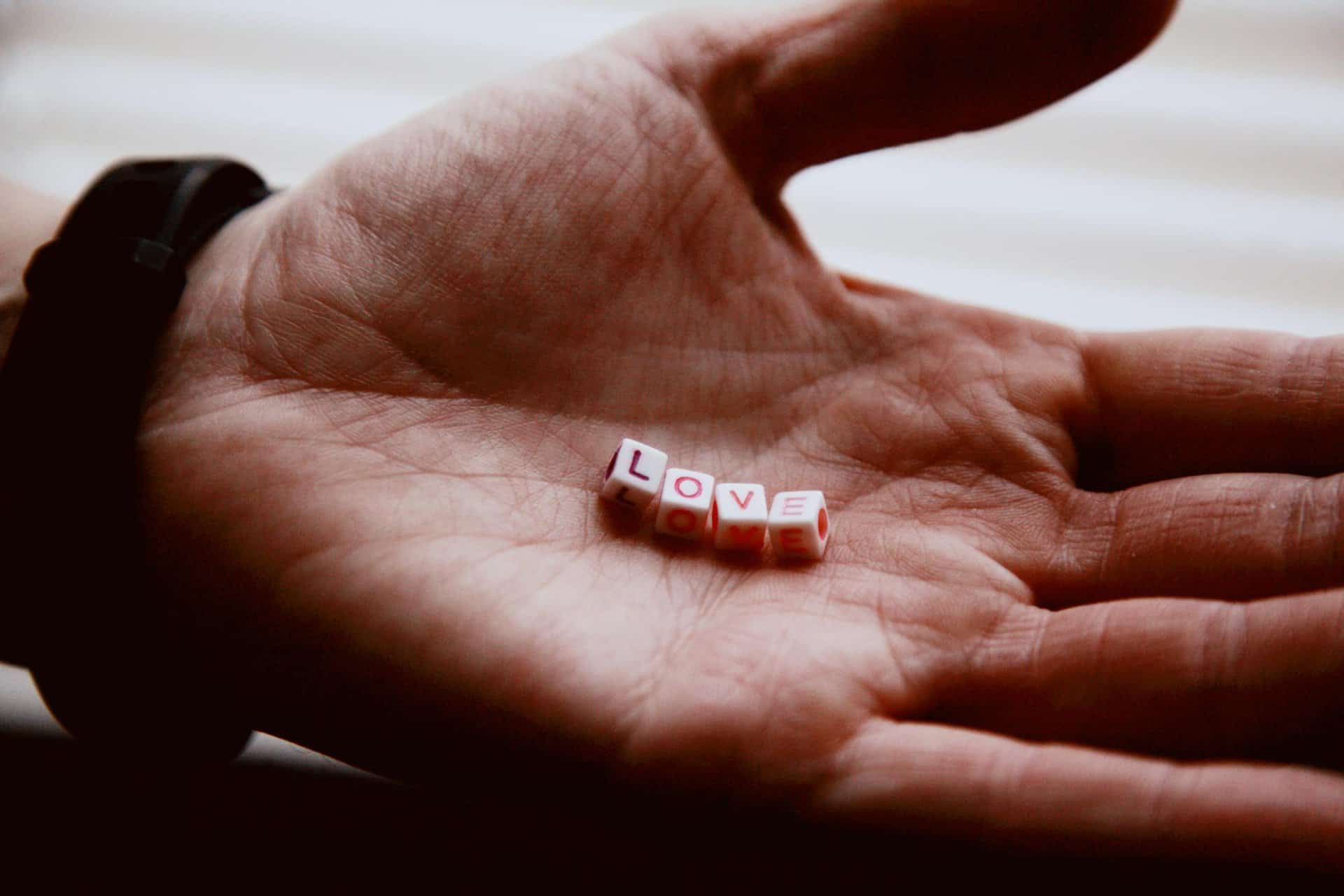Today I write to you on R U OK day to reiterate a very important question. So many of us ask each other from such a habitual place and we have such an automatic response. Hey how are you? Good, you? Or as some of my Australian friends go asking a question and answering it in one breath. Hey how you going, good yeah? Not even leaving time for a response. Today however, it is important to not only look out for people who are struggling and asking the question of R U OK, it could even be R U Really OK?
Many of us are scared to ask the question today or any other day because we feel several concerns.
- It is none of my business
- What if they do not want to talk to me about their problem
- If they wanted to talk, they know they can always speak to me (assumptions)
- I would not know how to deal with the issue should they open to me
Let’s debunk some of these false beliefs.
- Noticing that someone is not ok makes them feel seen and cared for. Just by asking can shift someone’s state of being in a positive way
- If they do not want to talk to you about it, they will tell you so. We cannot help the way our intentions land on someone, however, you know that you showed up and offered the support. Furthermore, try not being offended and do not leave it at that because sometimes powerful emotions are hard to express. Keep checking in with the person and make plans with them such as go for a walk. Let them know that if they ever did want to talk about it, that you would be there for them.
- Maybe also offer other alternatives of how they can seek help should they wish. GP, another friend who went through a similar feeling etc.
- Never assume that people will seek out help. When we are feeling low, we tend to internalize and go into a shell. It is hard to reach out when we feel vulnerable and alone.
- You do not have to have the answers. It is better if you don’t. Sometimes with the best intentions we make it worse. For instance, your friend can tell you why they are feeling down, and we can respond, “Really you think that is bad, you should see what happened to me” or “But you have so much to be grateful for why do you feel like this”? These make the other person feel judged. The best thing to do is just listen.
Active Listening
- Listen to the person and then reflect in your own words what you understood them to say.
- Ask curious and nonjudgmental questions.
- Ask circular questions such as “Have you ever felt this way before, how did you get out of it”
Encourage Support
- Ask them how you can help them
- Speak about options of who might be able to help, such as a mental health practitioner, GP or trusted friend.
Check in
- Check in with your friend in a week or so and follow up.
- Keep checking in.
A good way I teach the kids to remember what is needed is by telling them that they need to be a good friend like ALEC
A – Ask
L – Listen
E – Encourage Support
C – Check in.
That is how we check in on our friends and family. However, it is also important to practice checking in with yourself on a regular basis to check in and see how you are? A good way is to connect with your body. Do a quick body scan and feel where you are holding tension. Are you feeling stressed, overwhelmed etc. What are the action steps you can take to destress?
Self-care – Book a time in for yourself to do what ever feels good. Schedule it in and keep that appointment like you would any other appointment. I would suggest at the very least once a week. Remember this is not a luxury it is a necessity.
Reach Out – Seek help if things are getting overwhelming by speaking to a trusted friend or health professional.
Remember you will be of no help to others if you do not look after yourself first. It is the oxygen on the airplane analogy. Put the oxygen on you first before you can help others. We can only give what we have so fill your cup up first.
And please know from the bottom of my heart, I am a phone call away should you feel the need to soundboard vent or gain support.
Sending much love
Hayley xx




